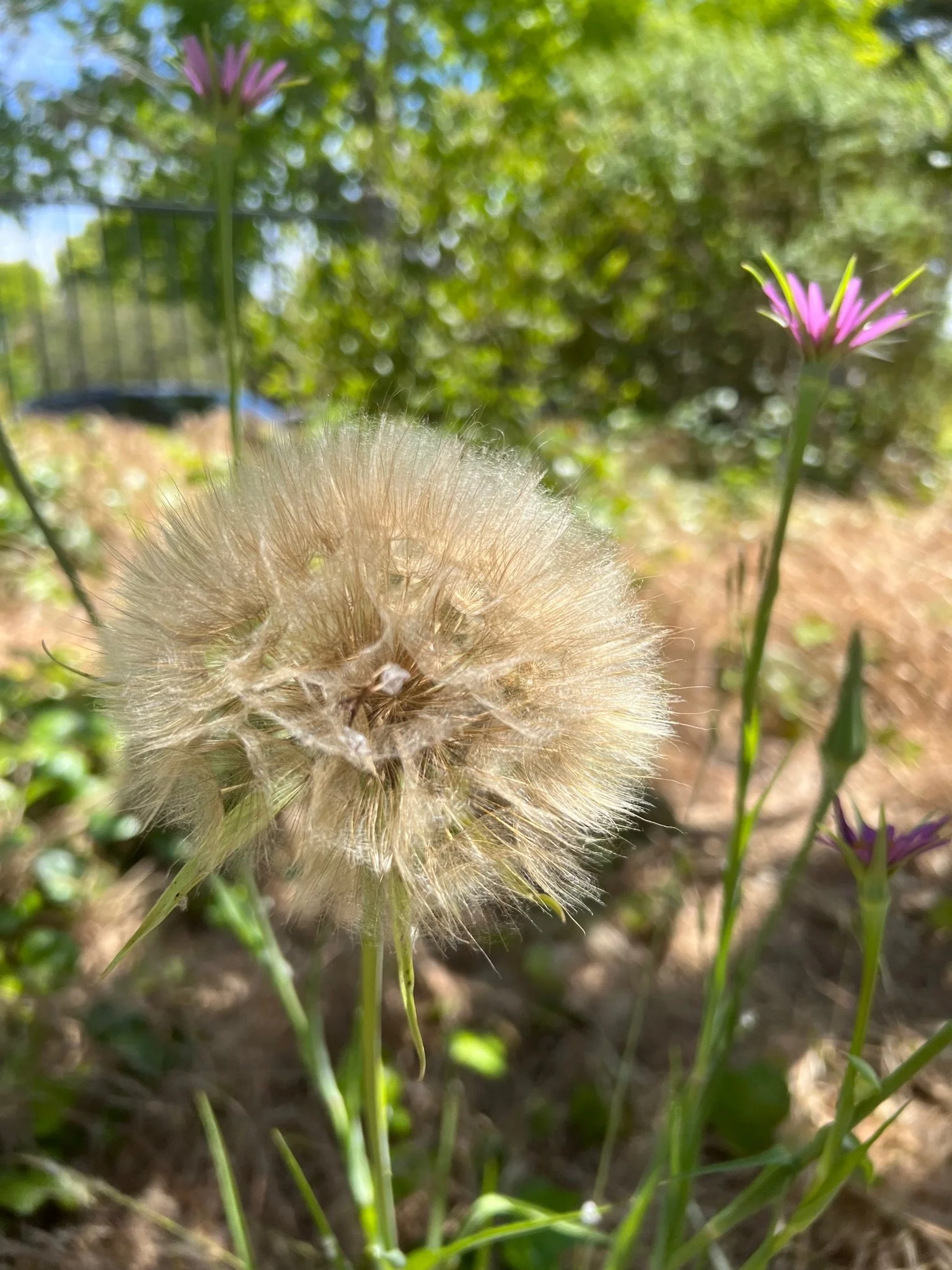-

Seasonal Regimen | Ritucharya
Ayurveda has prescribed certain rules regarding diet, behavior and medicines, called ritucharya, or seasonal regimen.
Seasonal Effect on the Tridosha - All 5 elements uniquely compiled in each of our bodies.
The environmental changes in the seasons and our foods are the most powerful factors affecting the doshas - Vata - Space & Air, Pitta - Fire & Water, Kapha - Water & Earth (we all have all three doshas, Vata, Pitta and Kapha, at different % that our unique to our own nature.)
Diet can be voluntarily controlled, the environmental factors act directly on the skin and respiratory tract, and affect the entire body through the circulating blood
General Rule – Rtu Sandhi | Seasonal Junction
The doshas are provoked during the junctures of the seasons
This is the period when the regimen of the previous season should be gradually omitted, and the regimen of the forthcoming season should be gradually introduced
Shifting from summer to fall and winter aggravates vata - space and air elements (think dryness, constipation, anxiety)
Shifting from winter to spring aggravates kapha - water and earth elements (think allergies, congestion, sluggishness)
Shifting from spring to summer aggravates pitta - fire and water elements (think rashes, heartburn, irritability)
Seasonal Effect on Vata | Space and Air
Accumulation of Vata: Vata accumulation starts in the summer, since the digestive power is at a low level, and we lose body water through perspiration
Aggravation of Vata: Aggravation of Vata occurs during the late fall and winter, as cold and dry qualities are dominant
The sudden change of temperature from hot to cold results in further accumulation of vata in the body
Alleviation of Vata: Alleviation of vata occurs naturally in the spring and early summer as there is more humidity present in the air, and heat is building
-

Three Main Causes For Imbalance
1) Excessive or improper use of the sense organs. The imbalance of the sense organs manifests itself as the imbalance of the doshas.
2) Crimes against wisdom or misuse of the intellect. It means the adoption of a diet or lifestyle that is detrimental to one’s health.
Verbal – this refers to verbal impropriety: speaking impolitely, crying, abusing others, not speaking truth
Mental – this refers to mental impropriety: thinking improper thoughts – allowing ego or the cravings of manas (mind) to override buddhi (intellect)
Physical – this refers to physical impropriety: overworking, suppressing natural urges, doing something or eating something that you know is bad for you
3) The process and movement of time. This includes imbalances of nature due to season, climate, or time of life
Seasonal Influences on the doshas
Excessive or extreme climate conditions
Changes due to specific phases of life
TWO LAWS TO AYURVEDA
There are two laws to Ayurveda that begin to support us in finding balance, ones we will use to help throughout the 5 day reset:
Like Increases Like - ex: if you take hot yoga at noon time (the peak of our internal fire), in the middle of summer, you are INCREASING Pitta or the Fire element in the body, therefore creating a possibility for excess heat and more problems in the mind and body.
Opposites Create Balance - ex: if you sit in the shade by the water sipping some cucumber water with your feet in the grass, while listening to a yoga nidra meditation track at noon, you are cooling down at the peak heat of the day, therefore restoring or managing the Pitta Dosha and keeping you cool, calm and collected.
-
Overview of Fall Seasonal Qualities
The Elements we are Balancing: Air and Fire = Vata & Pitta Dosha
Feels like: Hot, dry, rough, windy, light
Qualities of Foods and Impressions to Introduce: Warming, Grounding, Moist, Rhythm, Routine
Qualities to Reduce: Cold, Mobile (doing too much), Dry, Erratic Lifestyle
Potential Signs and Symptoms of Imbalance: Gas, bloating and constipation, Dry skin and scalp, Anxiety
Tastes to Enjoy = PRIORITIZE Nourishing and Building Tastes: Favor warm, moist, slightly oily and building foods
Favor nutritious, simple, cooked foods
Eat more foods that are Sweet, Sour, Salty / Heavy, Oily, Moist, Hot: Soups, stews, steamed veggies, and more fat and protein
Eat less foods that are Pungent (Spicy), Bitter, Astringent / Light, Cold, Dry: Salads, iced drinks, smoothies, cold foods and beverages, crackers, chips and salsa
-

What is Ama and How to Prevent it
What is Ama?
Ama is undigested food and is produced directly related to the power of the digestive fire/agni, and the relative balance between the agni and the quality, quantity and timing of food consumed
The primary location of ama development is in the stomach
Once ama develops, it can migrate through bodily channels, which can cause blockage and eventually deposit in organs of areas of weakness
Signs of Ama
White coating on the tongue, Foul smell, Bad Breath, Sticky Stool; sinking stools, Foggy thinking, mental lethargy, Fatigue, Body aches
How to Reduce Ama
Explore Agni Sara or kapalabhati breath teqniques first thing in the morning, on an empty stomach
Simplify meals: drink warm water, eat clear soups, Fast – skip a meal or eat fruit
Use digesting herbs, such as ginger, black pepper, cumin seeds and garlic
Exercise
Do a hot, dry sauna, Sunbathe or windbathe
How to Prevent Ama
Eat mindfully, calm the mind before eating
Eat warm, freshly cooked food and lighter foods
Make lunch the main meal, and eat a light breakfast and dinner
Avoid overeating and eating heavy foods in large quantities, leftovers, processed and canned foods, foods with many additives and coloring (tamasic foods), fast foods, cold water/drinks and cold food
Avoid incompatible food combinations
Introduction

